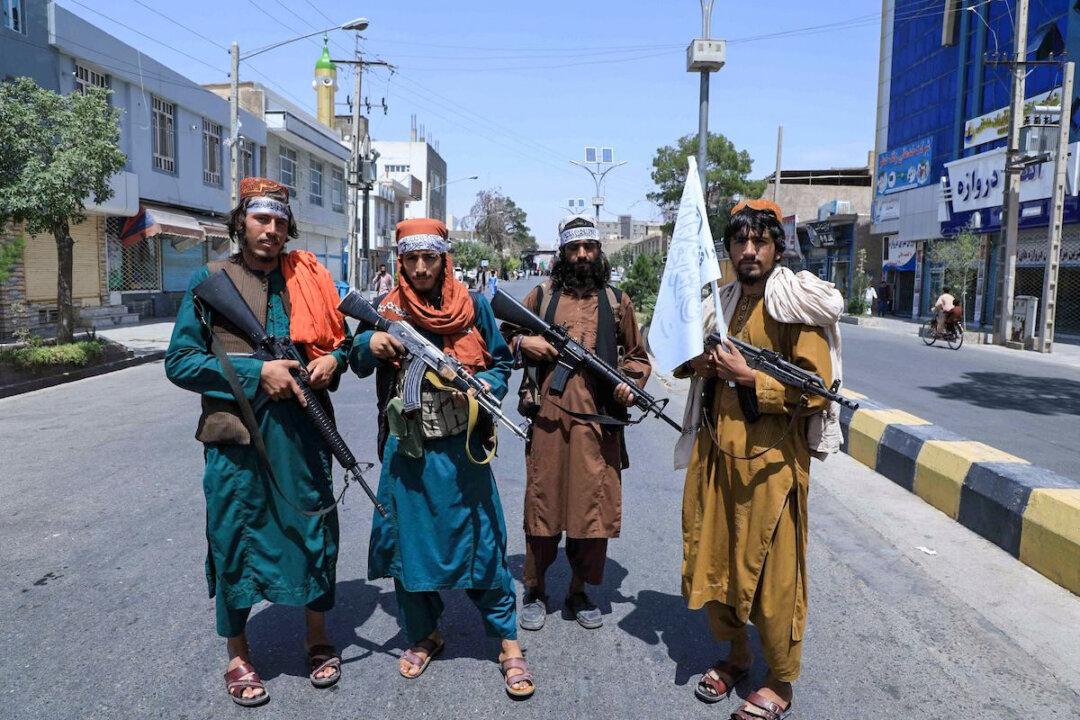The Chinese regime has played a “constructive” role in promoting peace and reconciliation in Afghanistan, and the Tablian hopes that Beijing can contribute to the rebuilding of the country, said a Taliban spokesperson in a recent interview with Chinese state media.
“China is a big country with a huge economy and capacity—I think they can play a very big role in the rebuilding, rehabilitation, reconstruction of Afghanistan,” Suhail Shaheen, the Taliban spokesman in Qatar told Chinese state-run CGTN television in English on Thursday.





